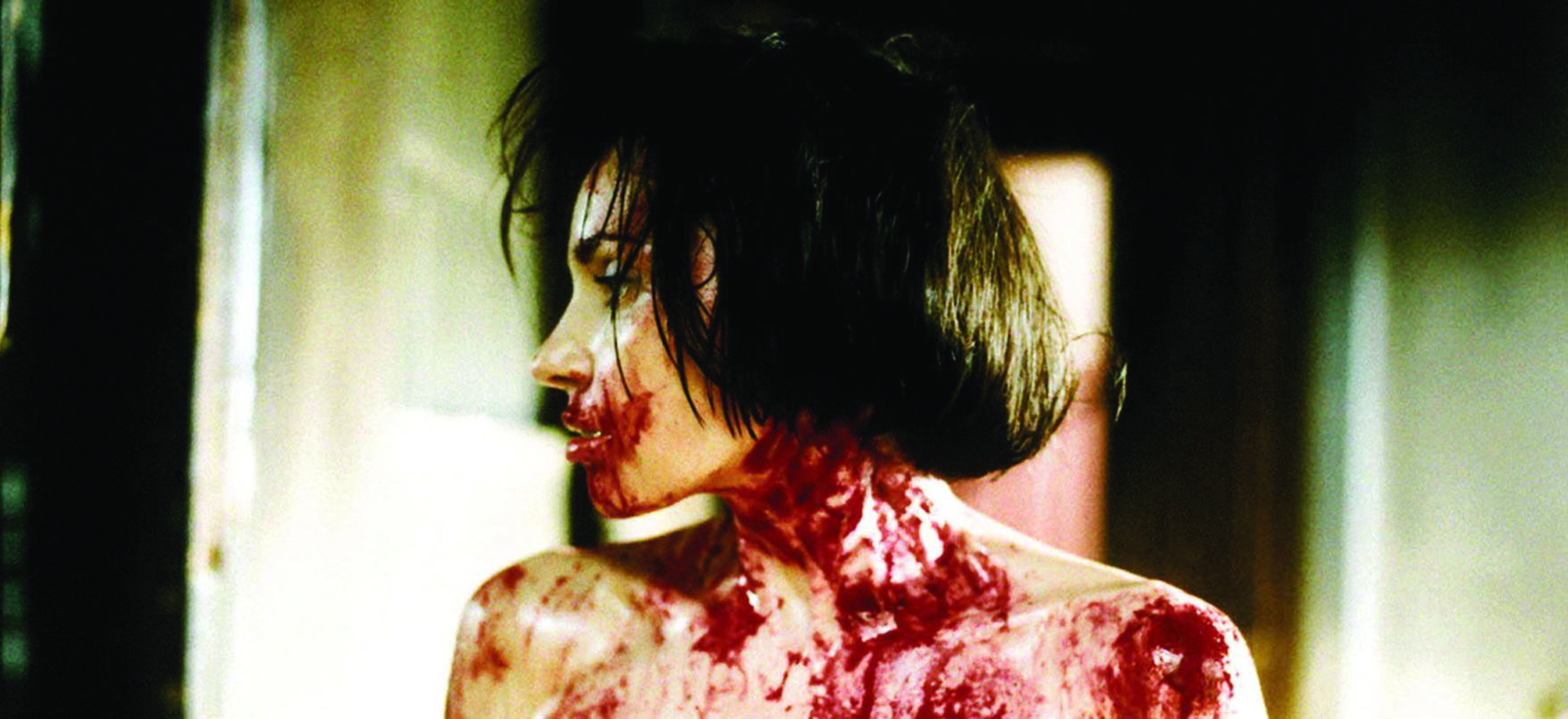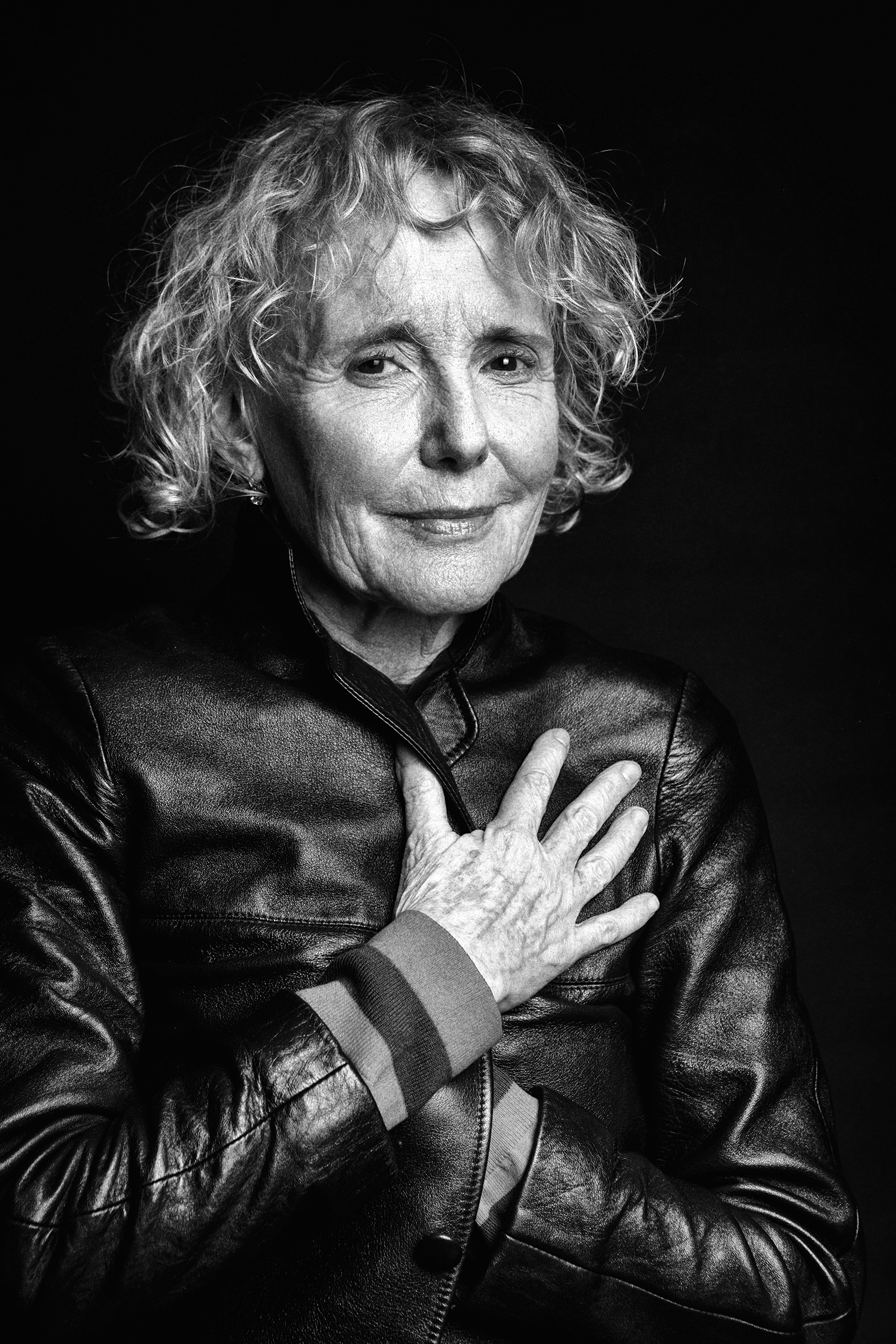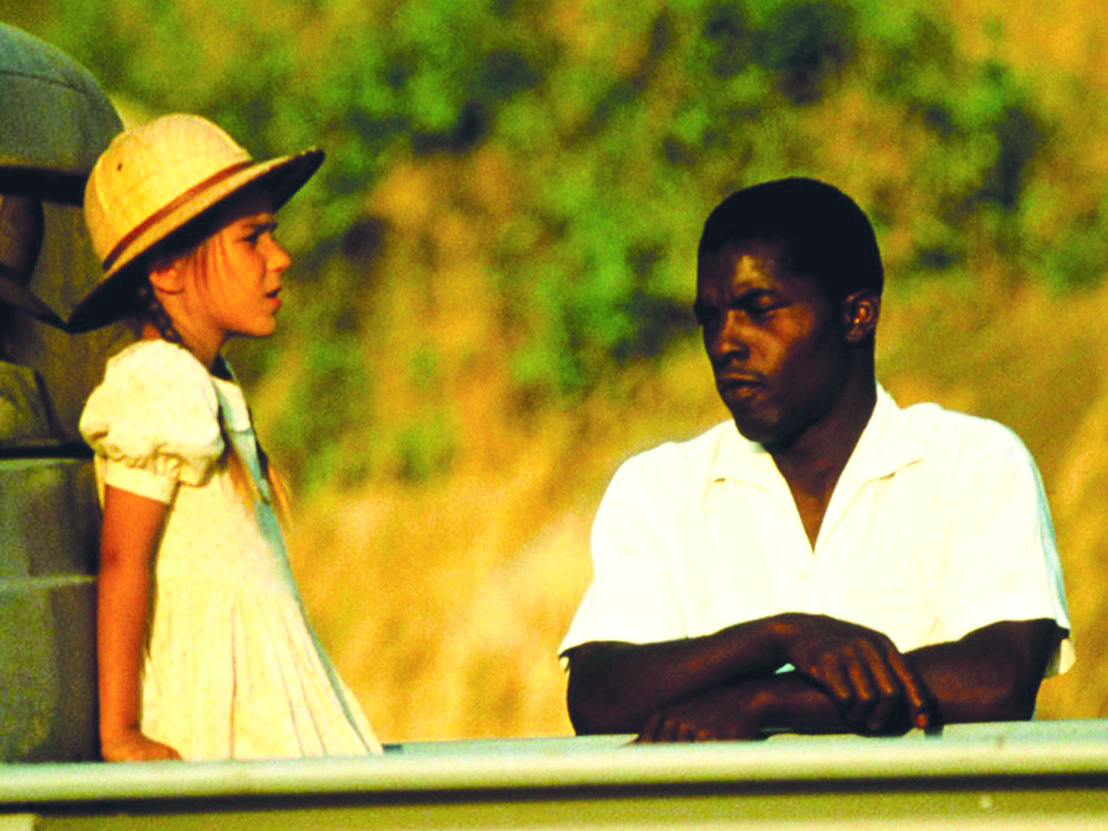With Claire Denis, touch comes first. Although the 73-year-old French director is an adept composer of images and sounds, her cinema seems more aptly described in tactile terms. When you watch one of her films, what you remember afterward isn’t necessarily details of the story, but fleeting snatches of sensation: the texture of sand beneath bare feet, or the sensuous flash of a body letting loose in a club. “Claire Denis: Trouble Every Day,” an eight-film retrospective at The Cinematheque, provides an opportunity to become familiar with her filmmaking practice—one of the most vital and inimitable in contemporary cinema.
Born in Paris in 1946, Denis got a later start in filmmaking than other directors of her generation. Indeed, before setting out on her own, she worked as an assistant director on a few of her contemporaries’ films, including Wim Wenders’ Paris, Texas and Jim Jarmusch’s Down By Law. In 1988, her semi-autobiographical debut feature, Chocolat, premiered in the main competition of the Cannes Film Festival—an auspicious start to her career. Informed by her upbringing in French colonial Africa, where her father was a civil servant, the film deals with questions of European identity that continue to percolate throughout her work. This is most evident in White Material (2009), a drama that stars Isabelle Huppert as a French coffee farmer in an unspecified African nation that’s on the brink of civil war.
Of Denis’ nearly 20 features, the best known is her masterpiece Beau Travail (1999), which revolves around the antagonistic relationship between a chief adjutant (Denis Lavant) and a soldier (Grégoire Colin) in a French Foreign Legion outpost in Djibouti. Though the film was unavailable for the present retrospective—owing to ongoing, long-overdue restoration work—it’s the most exemplary of Denis’ filmography, displaying a number of authorial hallmarks: her ability to put a distinctive stamp on disparate material (Herman Melville’s source novella Billy Budd, as well as Benjamin Britten’s opera adaptation); her familiar constellation of collaborators (cinematographer Agnès Godard, writer Jean-Pol Fargeau); and her elliptical, allusive editing style, which prioritizes mood and movement over plot particulars.
For the latter, Denis has gained a reputation as a challenging (read: difficult) filmmaker, in part due to the way she takes familiar genre templates and fractures them into near-unrecognizability. A uniquely uncompromising director, Denis takes only what she needs and discards the rest. Inspired by the case of French serial killer Thierry Paulin, I Can’t Sleep (1994) unfolds as an urban nocturne that splits its time between three loosely connected figures, while Bastards (2013) ventures into neo-noir territory, transforming a sordid, pulpy tale of familial dysfunction into a bleak, tragic affair. But to focus on these aspects of Denis’ work does her artistry a disservice, since her movies are nothing if not intuitively rhythmic—and endlessly seductive. Her 2001 erotic-horror film Trouble Every Day, for instance, which stars Béatrice Dalle and Vincent Gallo as cannibalistic lovers consumed with (blood)lust, offers as intuitive and visceral an experience as one is likely to encounter in contemporary French cinema.
In the case of L’intrus (2004), easily the most confounding film in the series, charges of inscrutability seem more apropos: a dense, philosophical tale linked to an essay by philosopher Jean-Luc Nancy, it practically demands a second look. Far more inviting is 35 rhums (2008), a movie that draws on the relationship between Denis’ mother and grandfather, as well as Yasujirō Ozu’s familial drama Late Spring (1949). It’s the rare homage that bears no stylistic similarity to its antecedent.
It is also a film that, once viewed, becomes impossible to separate from the Commodores’ 1985 hit “Nightshift”, which is indicative of how Denis seamlessly weaves music into the fabric of her films. (She’s also maintained a long-standing working relationship with Stuart Staples and Dickon Hinchliffe of Tindersticks, who have scored nine of her films to date.) In the Juliette Binoche–starring Let the Sunshine In (2017), her spin on a romantic comedy, the musical theme is Etta James’ “At Last”. The song captures a yearning for intimacy and touch that courses through the movie, as well as Denis’ varied oeuvre. Consider the present retrospective a chance to begin—or perhaps continue—your pursuit of the very same.
Claire Denis: Trouble Every Day runs until June 25 at The Cinematheque.
Discover more from the Arts.












